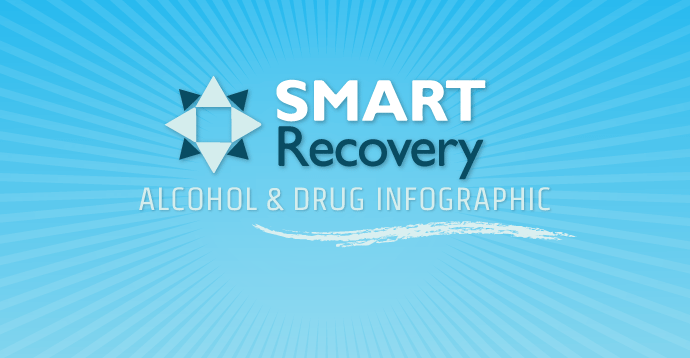Discover Just How To Develop A Solid Post-Rehabilitation Care Approach And Achieve Enduring Accomplishments
Discover Just How To Develop A Solid Post-Rehabilitation Care Approach And Achieve Enduring Accomplishments
Blog Article
Write-Up Created By-Choate Aagaard
You've finished drug rehab, and currently it's time to create an effective aftercare strategy to guarantee your lasting healing.
Image this: you're an individual established to stay clean and develop a fulfilling life. This post will lead you through determining continuous support systems, including therapy and counseling, and establishing healthy and balanced coping systems.
With these strategies, you'll be geared up to flourish in your trip of soberness.
Let's start.
Identifying Ongoing Assistance Systems
You should determine a minimum of 3 recurring support systems to guarantee a successful healing after drug rehabilitation.
The first support group is your family and friends. They can provide emotional support, encouragement, and aid you remain liable. They can additionally give a risk-free and understanding setting where you can share your battles and triumphes.
The second support system is your therapist or therapist. They can help you work through any kind of underlying concerns that may have added to your addiction and supply support on how to avoid regression. They can likewise teach you dealing devices and healthy ways to manage stress.
The third support group is a support group or a sober community. Being bordered by others who are undergoing similar experiences can be unbelievably valuable. They can give a sense of belonging, recognizing, and deal valuable guidance and support.
Incorporating Therapy and Counseling
To accomplish an effective recuperation, it is necessary for you to actively join treatment and therapy sessions, as well as integrate them into your ongoing support systems. By doing so, you can maximize the advantages of these therapy modalities and increase your opportunities of maintaining lasting sobriety.
Below are some key reasons integrating treatment and counseling right into your aftercare strategy is vital:
- ** Emotional Support: ** Treatment and therapy provide a safe room for you to share your thoughts, feelings, and struggles pertaining to your dependency. It allows you to resolve any type of unsettled problems and develop healthy coping mechanisms.
- ** Slip back Avoidance: ** These sessions outfit you with the needed devices and techniques to prevent relapse. http://christal94marisel.jigsy.com/entries/general/Meet-Your-Potential-By-Uncovering-The-Transformative-Trip-Awaiting-You-At-An-Addiction-Treatment-Facility-Where-Empowerment-Begins aid you determine triggers, establish coping abilities, and develop a strong structure for handling cravings and stress and anxiety.
- ** https://writeablog.net/berry5ok/healing-from-the-inside-out-the-extensive-method-of-a-rehab-center-for : ** Treatment and therapy help with personal growth and self-discovery. They assist you get understanding right into the underlying root causes of your addiction, boost self-confidence, and establish healthier partnerships.
Establishing Healthy Coping Systems
Throughout therapy and counseling sessions, it's essential to proactively work on developing healthy and balanced coping systems in order to efficiently handle tension and challenges.
You need to recognize and recognize your triggers, those things that trigger you distress or anxiety. By recognizing these triggers, you can create techniques to cope with them in a healthy and balanced way. https://blogfreely.net/merrilee755bernadette/recovery-from-the-inside-out-the-extensive-technique-of-a-rehabilitation may entail exercising deep breathing exercises, participating in exercise, or discovering an imaginative electrical outlet to reveal your emotions.
It is very important to also border yourself with a strong support system of friends and family that can supply motivation and guidance.
Furthermore, self-care activities such as obtaining adequate sleep, consuming well, and exercising leisure techniques can considerably contribute to your general well-being.
Final thought
In the trip in the direction of recovery, developing an effective aftercare strategy is like often tending to a fragile garden. Just as a garden enthusiast supports each plant with care and interest, so also should one cultivate ongoing support group, integrate treatment and counseling, and develop healthy coping systems.
By doing so, the seeds of recuperation will bloom into a growing garden, providing a strong foundation for a brighter, drug-free future.
